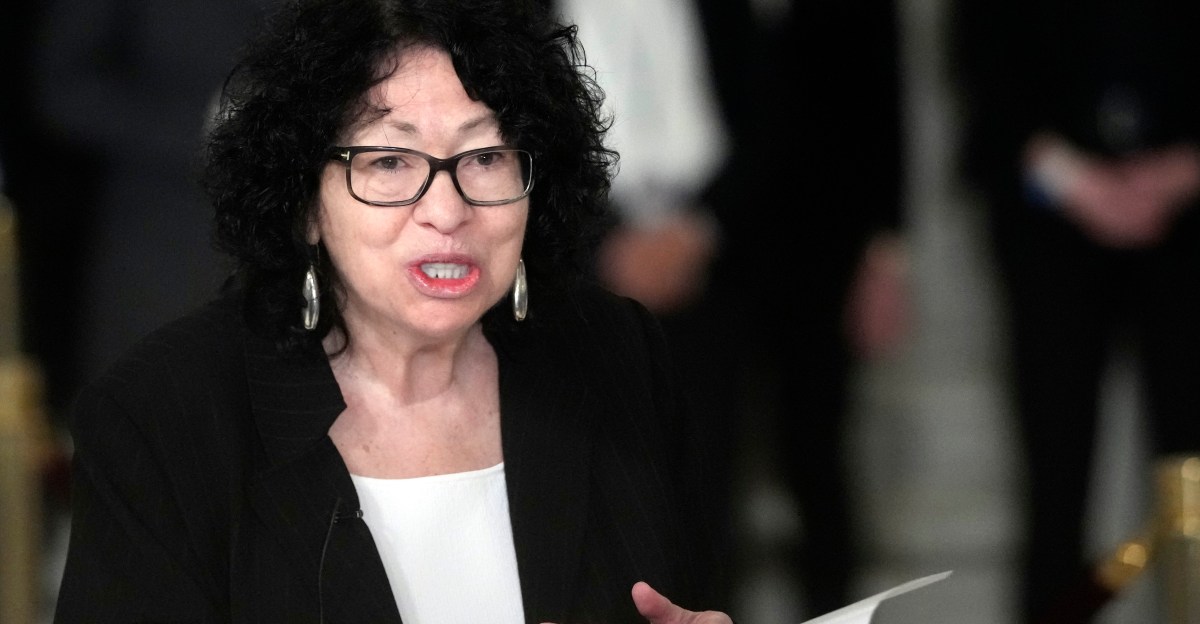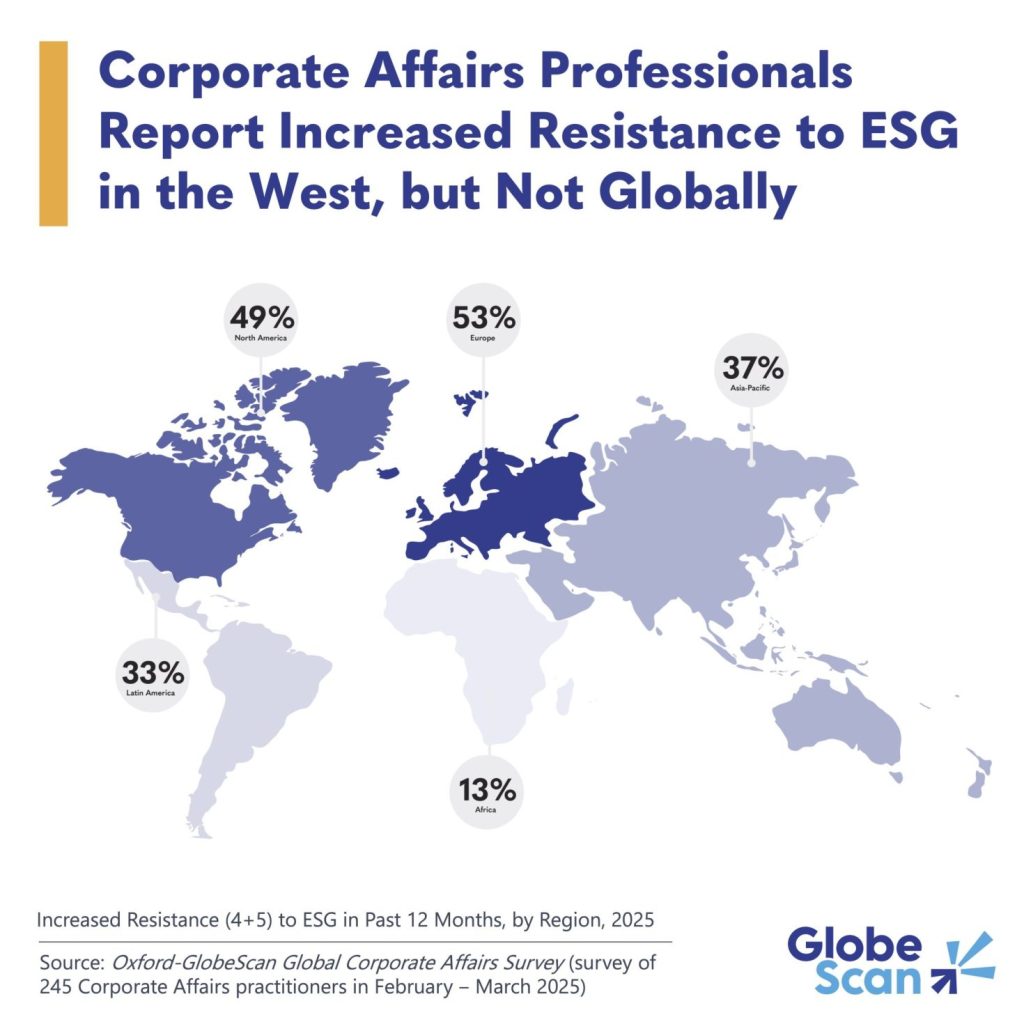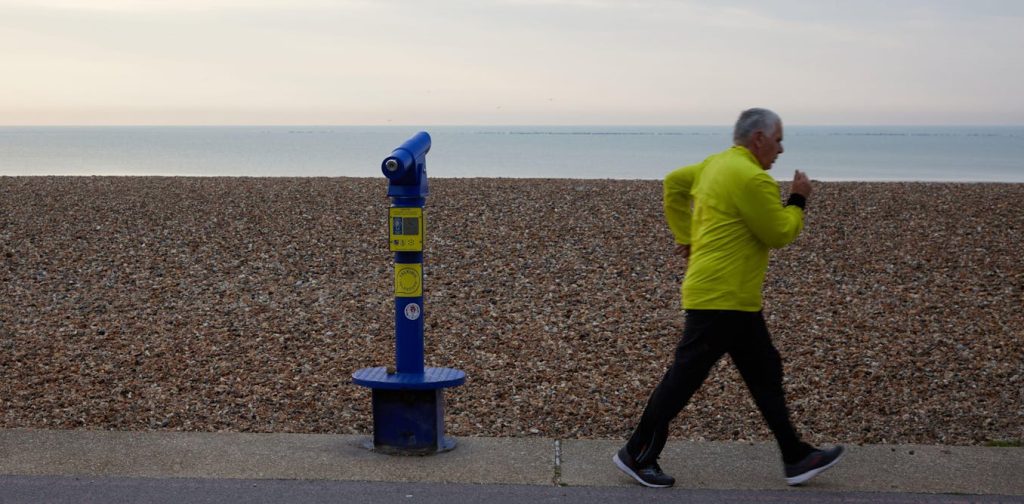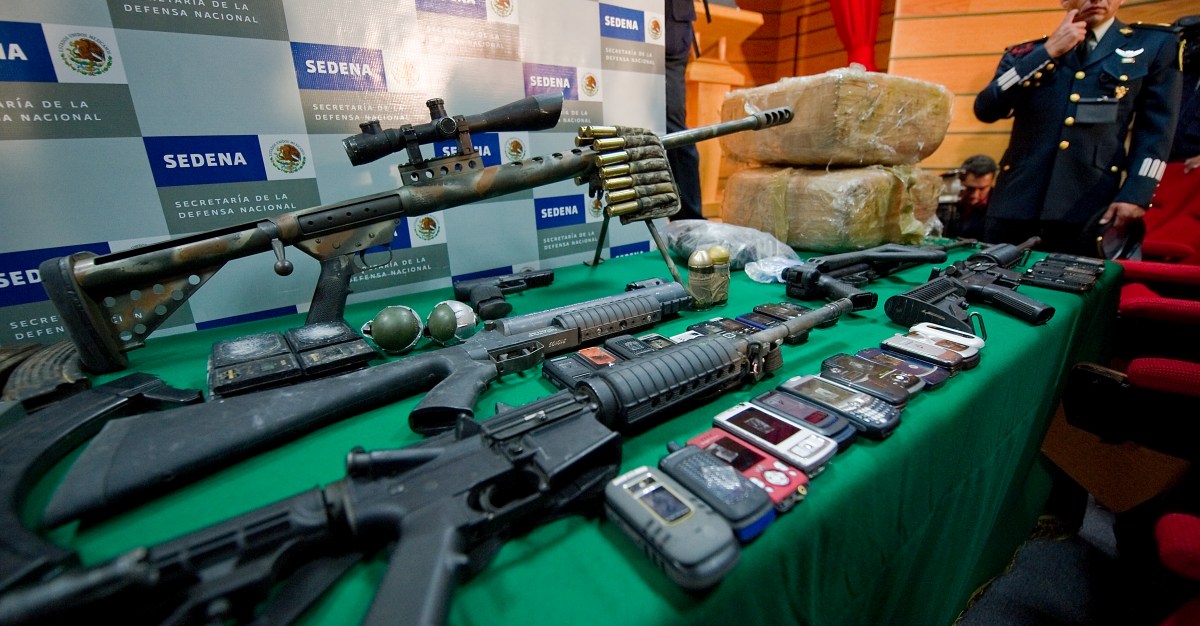Now Reading: The Supreme Court’s blessedly narrow decision about religion in the workplace, explained
-
01
The Supreme Court’s blessedly narrow decision about religion in the workplace, explained
The Supreme Court’s blessedly narrow decision about religion in the workplace, explained

Shortly before Justice Brett Kavanaugh’s confirmation shifted the Supreme Court to the right in 2018, Democratic Justice Elena Kagan revealed her strategy to prevent the Court from becoming overly ideological or partisan. Kagan emphasized the importance of addressing big questions by narrowing them down. Despite her efforts and those of her Democratic colleagues, they have had mixed success in persuading the Court to decide cases narrowly, particularly when it could lead to significant victories for right-wing litigants. The Court has notably shifted its approach to religion since then, occasionally concluding religion cases with a whimper rather than a bang.
The recent case of Catholic Charities v. Wisconsin Labor and Industry Review Commission exemplifies this approach. Justice Sonia Sotomayor, a Democratic justice aligned with Kagan, authored a unanimous opinion focusing on a narrow legal distinction within the case. Instead of delivering a broad decision that could have undermined workers’ rights, Sotomayor’s opinion centered on how Wisconsin law treats religious groups in terms of tax exemptions for nonprofits.
The case involved Catholic Charities, an organization primarily focused on secular charitable work despite being affiliated with the Catholic Church. The state supreme court had ruled against the organization, but Sotomayor’s decision reversed this, granting Catholic Charities an exemption from paying unemployment taxes based on a narrow interpretation of the law.
Sotomayor’s opinion avoided a broader debate about religious organizations’ exemptions from the law, following a historical precedent of caution in such matters to prevent potential worker exploitation. By narrowly tailoring the decision in Catholic Charities, Sotomayor aimed to avoid unintended consequences that could arise from a broader ruling.
The opinion underscores the Supreme Court’s stance against favoring specific religious denominations and emphasizes that the government cannot discriminate against religious organizations based on their theological choices. While the case raises questions about what constitutes a “theological” choice, it leaves the exploration of these issues to future courts.
In essence, the Catholic Charities case is likely to spark further legal disputes over the theological distinctions of religious organizations, leaving room for interpretation and clarification in future proceedings.






